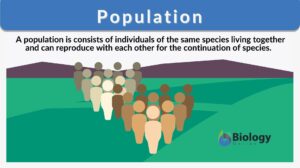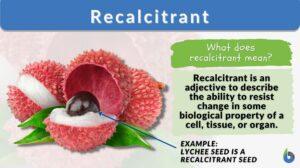Search Results for: intrinsic
Intrinsic muscles
Definition noun A group of muscles located within or situated deeper in a structure, in contrast to extrinsic muscles... Read More
Intrinsic protein
Definition noun, plural: intrinsic proteins Any of the group of integral membrane proteins that facilitate specific... Read More
Intrinsic sympathomimetic activity
Definition noun The property of a drug that produces partial agonist effect at the receptor similar to the cholinergic... Read More
Incubation period
Incubation Period Definition The incubation period is the time duration between exposure to the pathogen and the appearance... Read More
Selectively-permeable membrane
Selectively Permeable Membrane Definition We can define selectively permeable membranes as those that are selectively... Read More
Mitochondrion
Mitochondrion Definition What are mitochondria? The term “mitochondrion” comes from the two words of the Greek... Read More
Parietal cell
Definition noun, plural: parietal cells Any of the epithelial cells in the gastric gland responsible for the secretion of... Read More
Nucleosome
Nucleosome Definition Every organism is made of deoxyribonucleic acid, also known as DNA. DNA is made up of numerous... Read More
Gastric juice
Definition noun The acidic digestive fluid secreted by various glands in the stomach lining into the lumen of the stomach,... Read More
Gastric gland
Definition noun, plural: gastric glands Any of the glands in the stomach responsible for producing components of gastric... Read More
Christmas factor
Definition noun A blood clotting factor in the intrinsic pathway of the blood coagulation cascade and works with clotting... Read More
Biodiversity
The biological world or life on earth is a marvel that has amazed us since time immemorial. The rich natural diversity of... Read More
Ecosystem dynamics
Ecosystem dynamics Those intrinsic ecological functions through which an ecosystem becomes self-regulating, self-sustaining,... Read More
Digestion and Absorption of Food
The gastrointestinal (GI) system includes the gastrointestinal tract (mouth, pharynx, esophagus, stomach, small intestine,... Read More
Prothrombin
Definition noun A blood clotting factor that when activated converts into thrombin (factor IIa), which in turn activates... Read More
Extrinsic muscles
Definition noun A group of muscles lying superficially on a structure, in contrast to intrinsic muscles, which are located... Read More
Metabolism
Metabolism Definition What is metabolism in the body? Metabolism encompasses the various biochemical processes, reactions,... Read More
Homeostasis
Homeostasis is the tendency not to stray from the range of favorable or ideal internal conditions. Such conditions must be... Read More
Antecubital fossa
Antecubital Fossa Definition The antecubital fossa or the cubital fossa is the triangular-shaped hollow depression between... Read More
Integral protein
Definition noun, plural: integral proteins A protein molecule or protein assembly permanently attached in biological... Read More
Blood clotting factor
Definition noun, plural: blood clotting factors Any of the many plasma components involved in blood clot... Read More
Interspecific competition
Interspecific Competition Definition In Biology, competition is defined as the process that occurs among species that have... Read More
Allopatric speciation
We can define speciation as a process by which the novel genetically independent group of organisms are formed through the... Read More
Genetic disorder
Definition noun, plural: genetic disorders A disorder caused by genetic abnormality Supplement A genetic disorder is a... Read More
Population
Living organisms typically prefer to live, grow, and survive in groups. Except for some species that prefer solitude - both... Read More
Differentiation
Differentiation in biology is the process where less specialized cells undergo changes to develop specialized structures and... Read More
Beta-blocker
Definition noun, plural: beta-blockers A drug that blocks the action of endogenous catecholamines on beta-adrenergic... Read More
Carrying capacity
Carrying Capacity Definition What is carrying capacity? In biology and environmental science, the carrying capacity of a... Read More
Recalcitrant
Several words of the English language find wide usage in subjects as diverse as literature, science, social science,... Read More

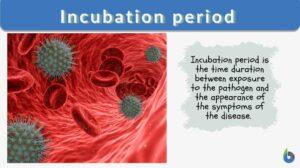

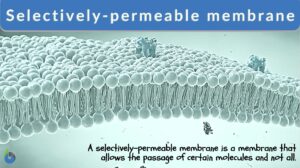



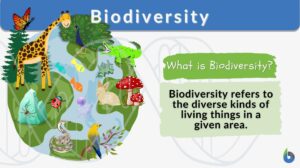





![Botany n., [ˈbɑt.ə.ni/] botany definition and example](https://www.biologyonline.com/wp-content/uploads/2019/10/botany-definition-and-example-300x168.jpg)


